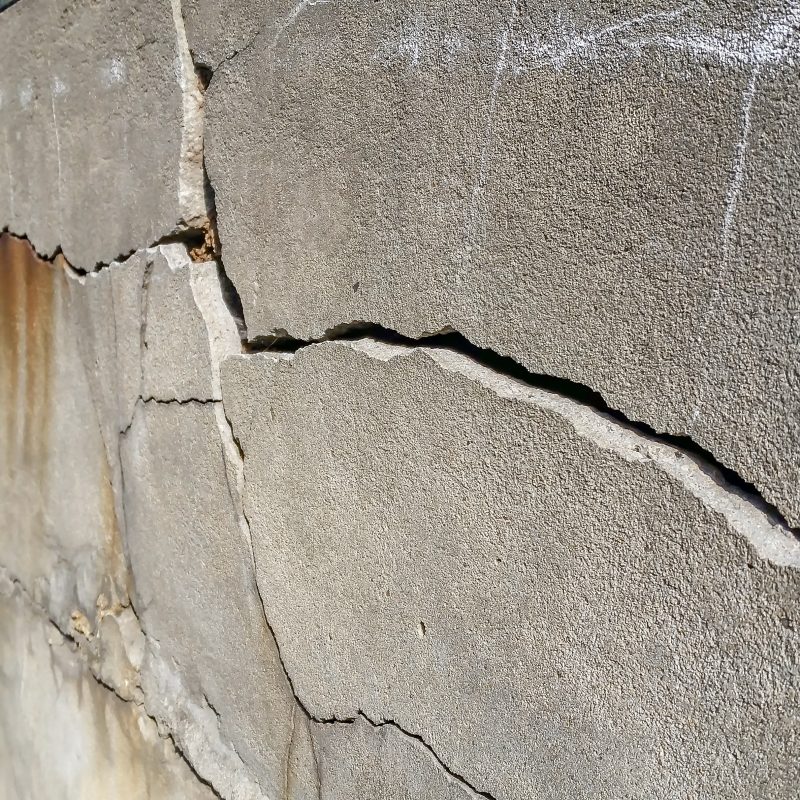Introduction:
Are you a homeowner in Greater Boston, Massachusetts, New Hampshire, Maine, Connecticut, or Rhode Island? When it comes to the safety and integrity of your home, hiring a licensed engineer for home foundation inspection is of utmost importance.
In this guide, we will explore the top five reasons why enlisting the expertise of an engineer is essential for your peace of mind and the well-being of your family.
From ensuring safety to understanding building codes, let’s dive into why a professional foundation inspection can save you from costly repairs and provide valuable insights into the foundation of your home.
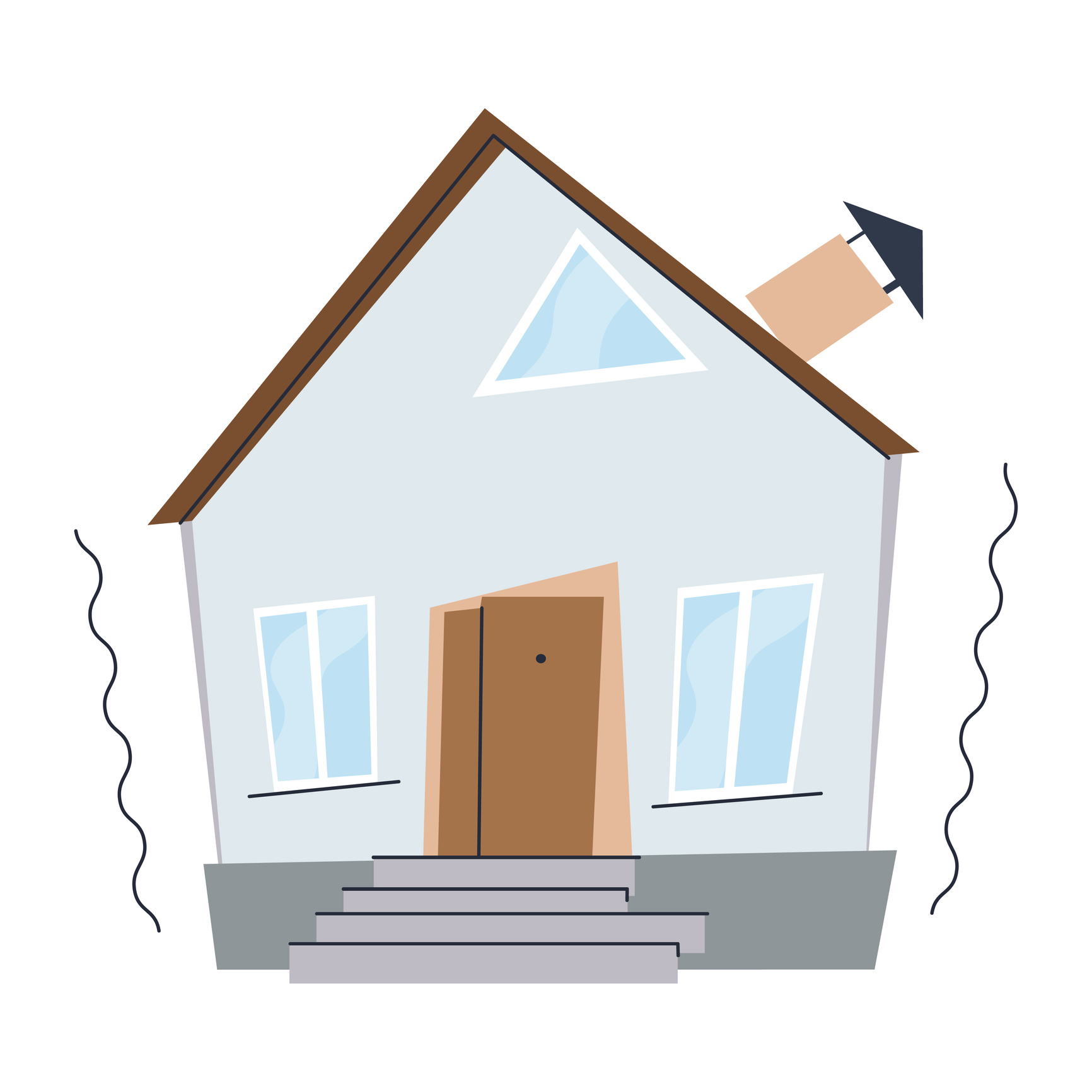
Reason #1: Ensuring Structural Integrity for Your Family’s Safety
- Your family’s safety is paramount, and a structural engineer can assess the home foundation to prevent potential hazards.
- Home foundation inspections detect foundation issues and damage such as vertical cracks, settling, or shifting, which can lead to significant structural problems and potentially avoid costly foundation repairs later.
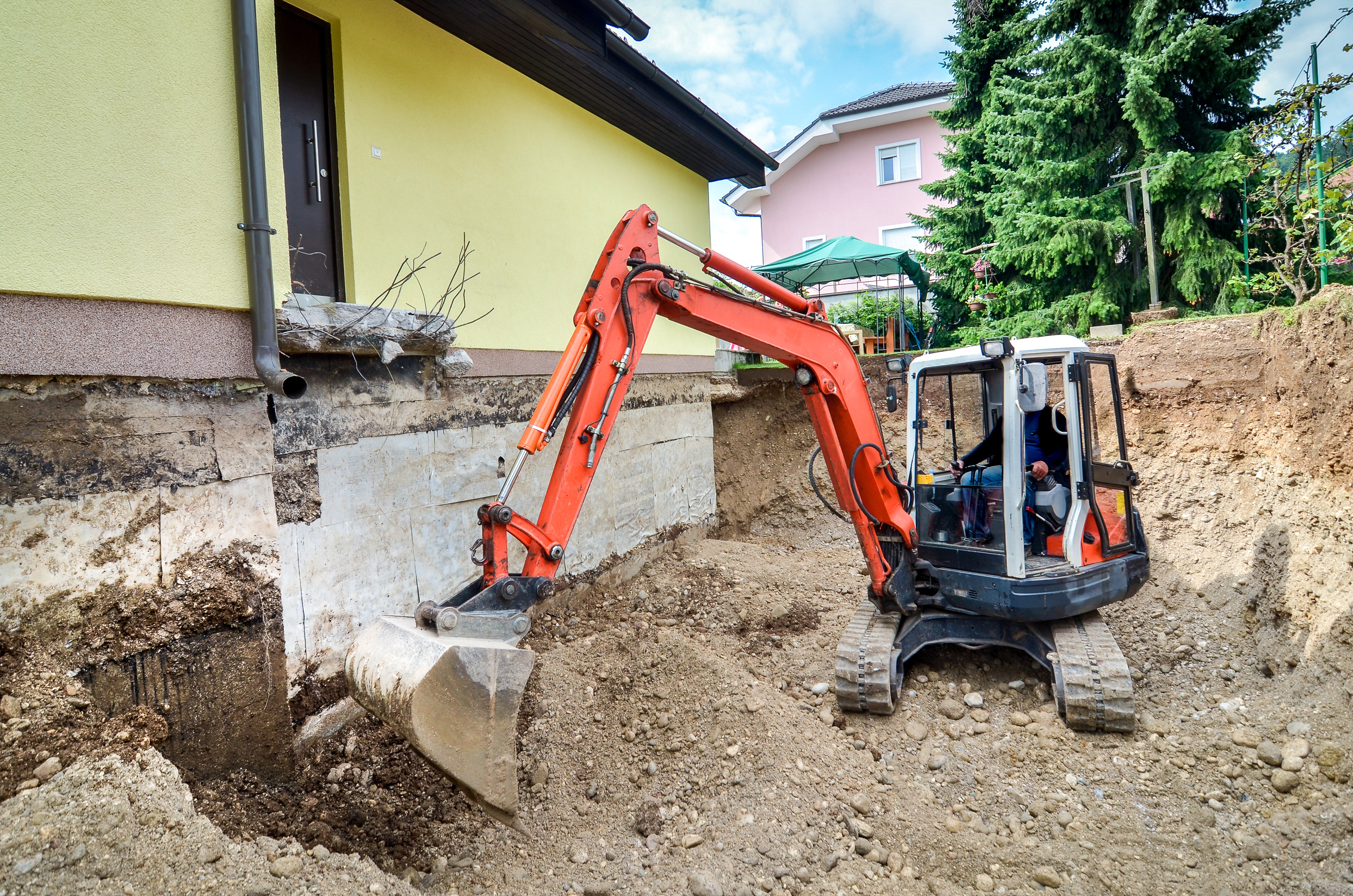
- By addressing these concerns early on, you can maintain the structural stability of your home and ensure a safe living environment for your loved ones.
Reason #2: Expertise and Knowledge for Accurate Assessments
- Structural engineers possess specialized knowledge, extensive training, and experience in foundation inspections, including crawl spaces, basements, and deck foundations.
- Their expertise allows them to visually inspect and identify even the subtlest signs of foundation problems that may go unnoticed to untrained eyes.
- With their proficiency in analyzing foundation conditions, structural engineers can provide accurate assessments and recommend appropriate solutions.

Reason #3: Compliance of Repairs with Building Codes for Long-Term Reliability
- Licensed structural engineers understand the local building codes and regulations specific to your area.
- By adhering to these requirements, you can have confidence in the long-term reliability and stability of your house’s foundation.
Reason #4: Confidence and Assurance in Your Home’s Foundation
- Hiring a structural engineer to inspect your home foundation brings peace of mind by providing a comprehensive evaluation of its condition.
- Understanding the health of your foundation allows you to plan and budget for any necessary repairs or maintenance, avoiding surprises down the road.
- With the knowledge that your home’s foundation is secure, you can relax and enjoy your living space without worries.
Reason #5: Meeting the Expectations of Building Inspectors
- When it comes to satisfying the local building inspector or mortgage lender requests, having a licensed structural engineer’s report can streamline the process.
- Mortgage lenders and Building inspectors value the professional expertise of structural engineers, knowing that their inspections are meticulous and reliable.
- By having a structural engineer’s evaluation, you demonstrate your commitment to meeting the requirements set forth by mortgage lenders or building inspectors, ensuring a smoother inspection process.
Conclusion:
Hiring a licensed structural engineer to inspect your home foundation brings invaluable benefits to both your family’s safety and your peace of mind. Their expertise in professional foundation inspection, knowledge of building codes, and ability to identify potential issues ensure the structural integrity of your home.
By making this investment, you not only protect your property but also save on potential costly repairs in the future. Remember, with the guidance of a structural engineer, you can ensure a solid foundation that will stand the test of time.
What to Look for in a Structural Engineer:
The best structural engineers have many years of both varied and relevant experience to get a foundation inspection for your project. Specialists are great…but a wide range of experience along with demonstrated expertise specific to your project is even better!
No building is exactly the same as the next one, and every foundation, soil condition, and owner is unique. Having a licensed engineer who is ready for any situation can be a gamechanger. A few pointers:
- Verify that the engineer is licensed in your state.
- Check their experience and length of time working in the field.
- Look for affiliations with professional organizations such as the American Society of Civil Engineers (ASCE) or the National Council of Structural Engineers Associations (NCSEA).
- Inquire about their area of expertise and ensure it aligns with your specific needs (e.g., residential structural engineering), and feel free to ask for references or examples of work.
- Remember, always prioritize the qualifications, experience, and reputation of the structural engineer you choose to hire for the inspection of your home’s foundation.
By following these guidelines, you can make an informed decision to safeguard your home and ensure its long-term structural integrity.
Signs to Watch Out for in Your House Foundation
Your home’s foundation is a critical component that provides stability and support the entire house. Over time, certain signs may indicate potential issues that require immediate attention from a structural engineer.
Recognizing these signs early can help you address problems before they worsen, minimizing potential damage and costly repairs. Here are some warning signs to watch out for:
1. Cracks in Foundation Walls:
Take note of any cracks visible in your foundation walls. Horizontal or stair-step cracks can signify structural problems, while vertical cracks may indicate settling. Regardless of the type of crack, it’s crucial to consult with a structural engineer to evaluate their severity and determine the appropriate course of action.
2. Bowing or Leaning Walls:
If you notice your foundation walls bowing or leaning, it could be indicative of excessive soil pressure or inadequate structural support causing foundation problems. These issues can compromise the integrity of your foundation and, if ignored, lead to potential collapse.
Engaging a licensed structural engineer to inspect the damage, determine the cause and suggest preventive measures or necessary repairs is a solid path to peace of mind.
3. Uneven or Sloping Floors:
Foundation problems may manifest as sloping or uneven floors inside your home. Such issues could be a result of foundation settling, shifting, or inadequate support. A structural engineer can assess whether the unevenness poses a safety risk and recommend appropriate solutions to stabilize the foundation and restore level flooring.
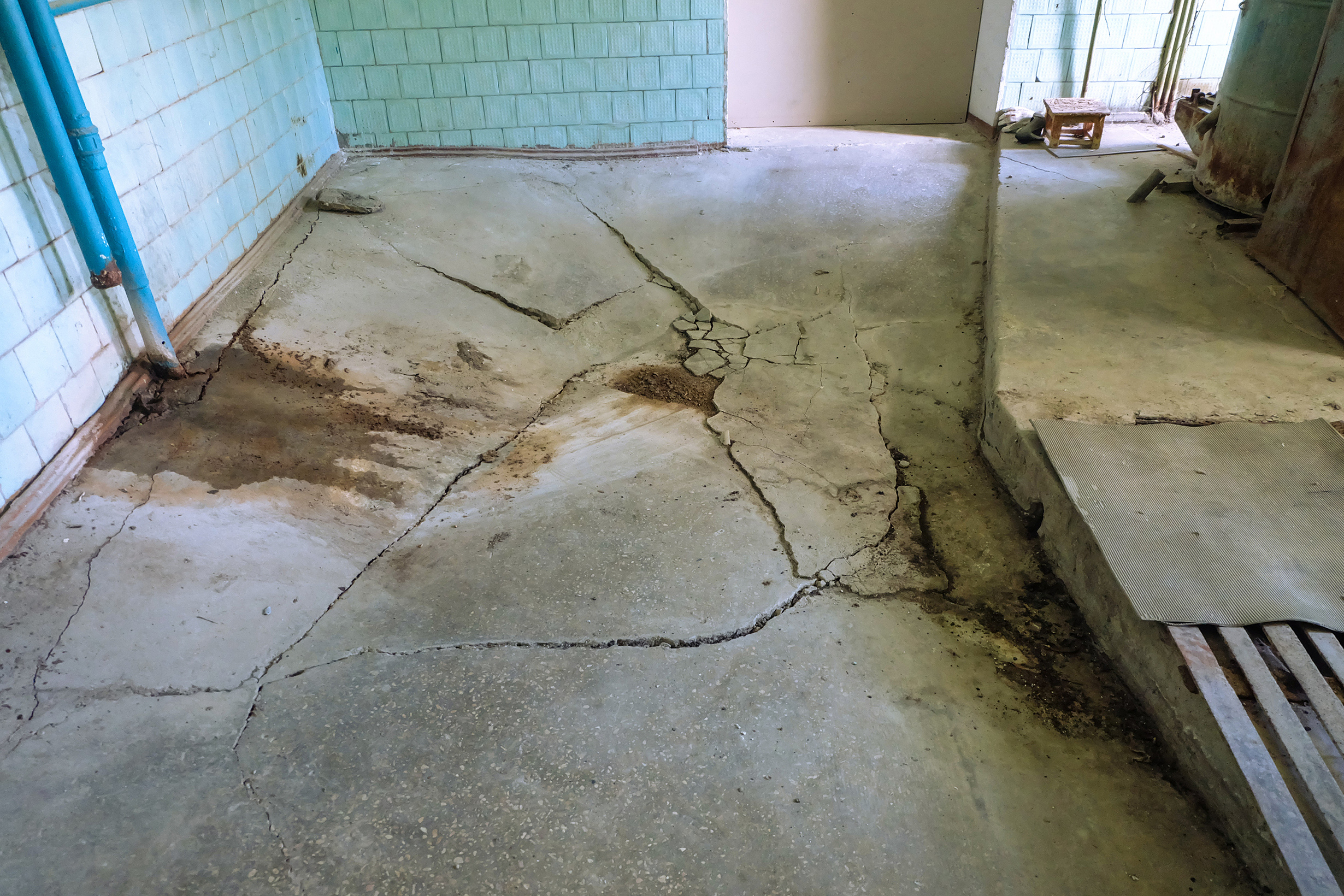
4. Sticking Doors and Windows:
Difficulty opening or closing doors and windows could stem from foundation movement or other foundation issues. As the foundation shifts, it can distort the frames, causing misalignment and friction.
A structural engineer can assess the extent of the problem and determine whether it requires repair or adjustment, ensuring smooth operation of your doors and windows.
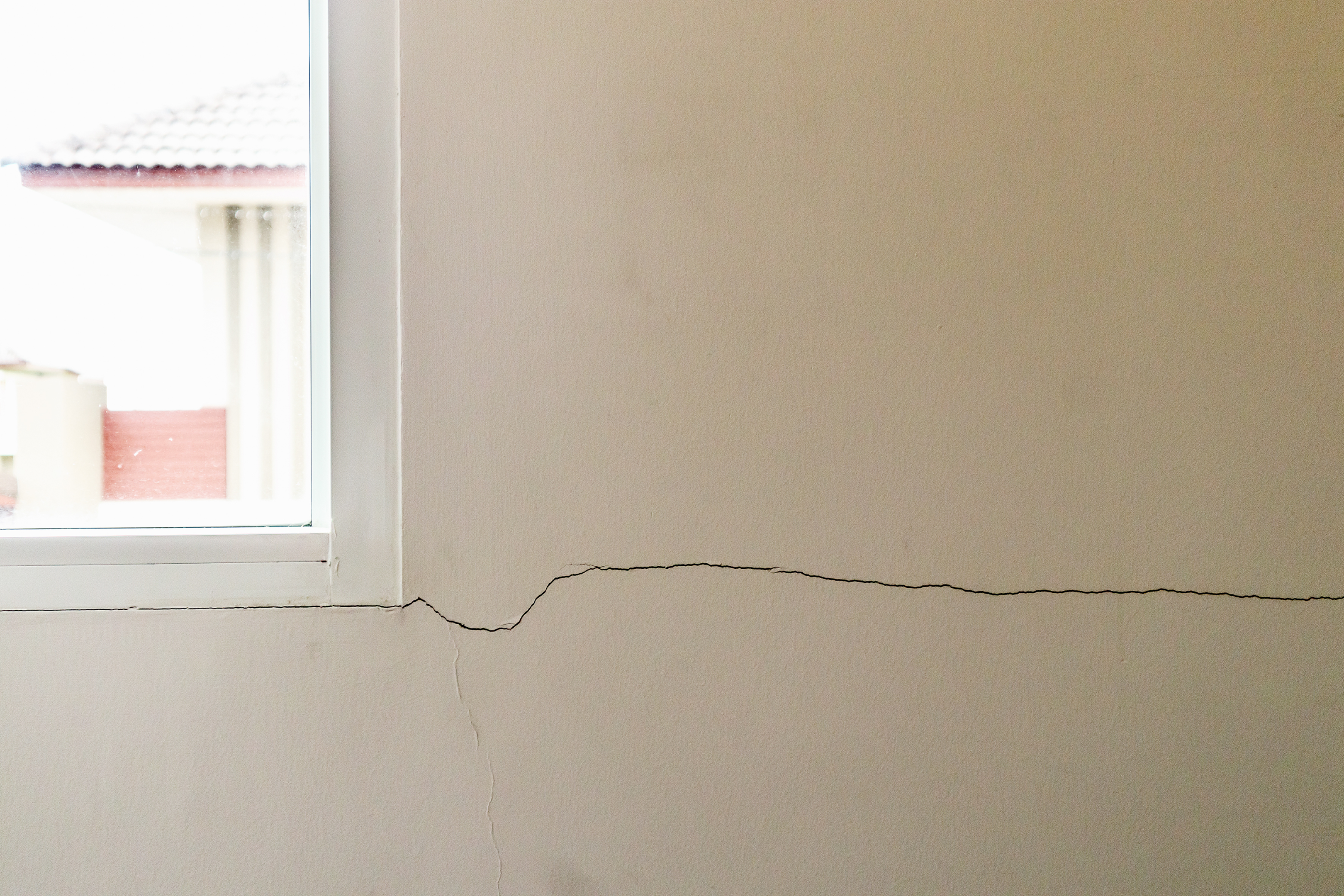
5. Excessive Moisture or Water Intrusion:
A damp or wet basement, standing water around the foundation, or water leaks inside the house may indicate drainage issues or foundation damage. These issues not only jeopardize the stability of your foundation but can also lead to mold growth and other health hazards.
Consulting with a structural engineer can help identify the source of the water intrusion and provide solutions to address drainage problems or foundation issues.

6. Cracked or Settled Exterior Masonry:
Cracks in exterior masonry, such as bricks, stucco, or stone, can signify foundation movement. These visible cracks are often a result of the underlying foundation settling or shifting. A structural engineer can assess the severity of the foundation cracks and recommend appropriate repairs or reinforcement to prevent further deterioration.
7. Crawl Space Concerns:
If your home has a crawl space foundation, it’s essential to inspect it regularly for warning signs. Issues like sagging beams, moisture accumulation, or insect activity can indicate foundation problems.
A structural engineer can assess the crawl space conditions, identify potential issues, and propose effective solutions to maintain the integrity of the foundation.
Remember, recognizing these warning signs and promptly involving a structural engineer can help address foundation problems early, potentially saving you from more extensive damage and expensive repairs.
Regular inspections and maintenance play a crucial role in preserving the stability and longevity of your home’s foundation.
Always prioritize the expertise and guidance of a licensed structural engineer to thoroughly evaluate and address any serious structural or foundation engineer concerns, providing you with confidence and peace of mind in the safety and reliability of your home.
Veitas Express was built for you!
- Homeowners who have a retaining wall, foundation inspection, deck, addition, wall removal, or any one of dozens of other projects that the Building Inspector or Appraiser says you need a structural engineering
- Contractor friends who just need a quick response on smaller structural engineering tasks that tend to fall through the cracks on big projects.
- Developers or General Contractors with a retail or convenience store that needs design or inspection, support for new rooftop equipment, or a new sign

